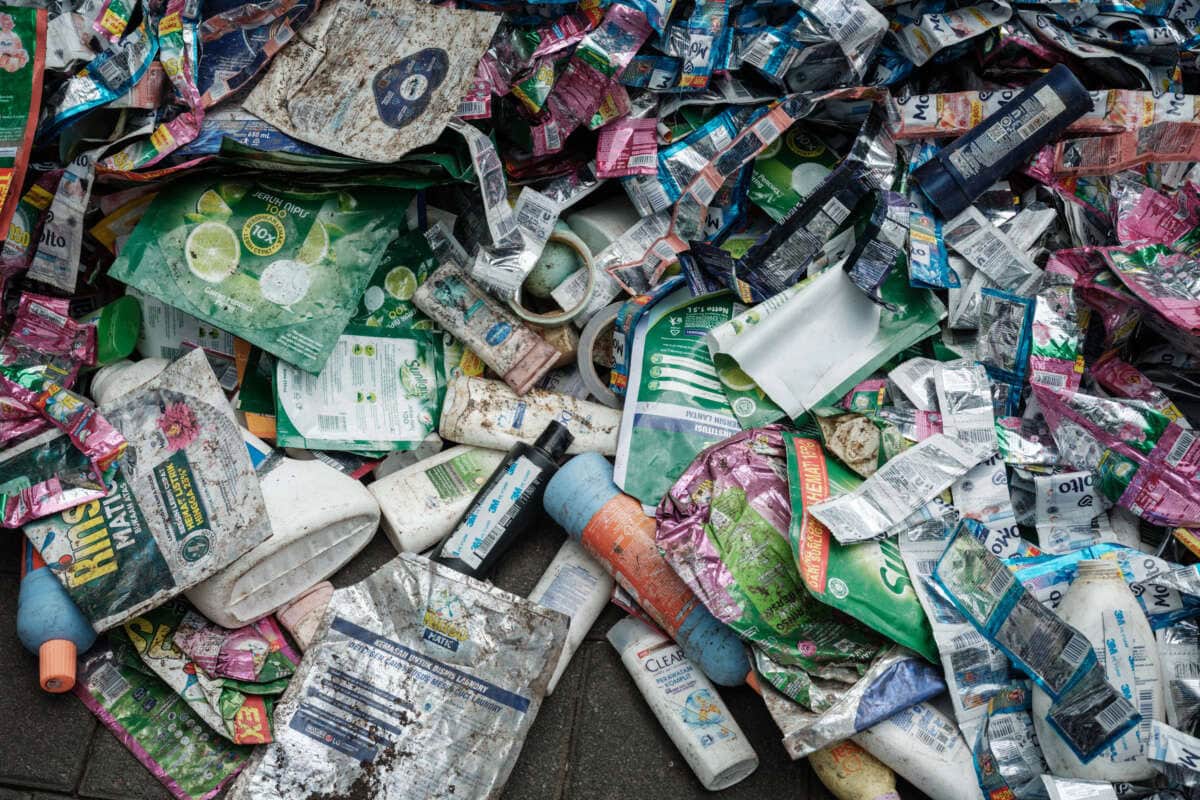
Credit: Yasuyoshi Chiba / Getty
Last year, I became obsessed with a plastic cup.
It was a small container that held diced fruit, the type thrown into lunch boxes. And it was the first product I’d seen born of what’s being touted as a cure for a crisis.
Plastic doesn’t break down in nature. If you turned all of what’s been made into cling wrap, it would cover every inch of the globe. It’s piling up, leaching into our water and poisoning our bodies.
Scientists say the key to fixing this is to make less of it; the world churns out 430 million metric tons each year.
But businesses that rely on plastic production, like fossil fuel and chemical companies, have worked since the 1980s to spin the pollution as a failure of waste […]










I tried to find new filters for my “under-sink” filter system fo my water, but they would not display it, even though I bought the system from them. Amazon would rather sell me a new, more expensive system than just the actual filters I need!